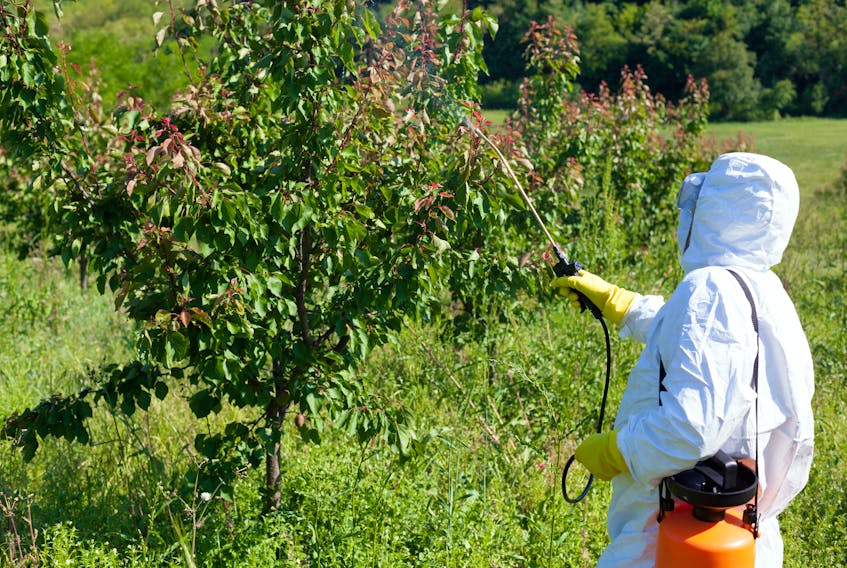You are what you eat.
It’s a disquieting concept. And in this case, maybe the start of something much, much larger.
In a California lawsuit about whether or not Monsanto’s Roundup pesticide caused a groundskeeper’s cancer, a judge has just ruled that the jurors will be allowed to hear testimony that Monsanto has deliberately suppressed evidence that its glyphosate pesticides were linked to cancers.
“The internal correspondence noted by Johnson could support a jury finding that Monsanto has long been aware of the risk that its glyphosate-based herbicides are carcinogenic … but has continuously sought to influence the scientific literature to prevent its internal concerns from reaching the public sphere and to bolster its defenses in products liability actions,” the judge wrote in his decision on allowing the evidence. “Thus, there are triable issues of material fact.”
In a California lawsuit about whether or not Monsanto’s Roundup pesticide caused a groundskeeper’s cancer, a judge has just ruled that the jurors will be allowed to hear testimony that Monsanto has deliberately suppressed evidence that its glyphosate pesticides were linked to cancers.
But that’s only half of Monsanto’s bad week.
The other part?
Emails between officials at the U.S. Food and Drug Administration (FDA) about the discovery of glyphosate residues in a broad range of food products.
Even though the FDA has been testing food products for the pesticide residues for more than two years — since the International Agency for Research on Cancer listed the pesticide as a probable human carcinogen in 2015 — it has not released any reports on its results.
The emails between scientists, however, obtained by the Guardian through freedom of information requests, suggest the chemical is turning up in interesting places.
While setting testing parameters, FDA chemist Richard Thompson wrote he’d used broccoli to help calibrate his testing, because it was the only food product he had that didn’t already contain the chemical.
“I used broccoli because it’s the only thing I have on hand that does not have glyphosate in it. I have brought wheat crackers, granola cereal and corn meal from home and there’s a fair amount in all of them,” he wrote.
Foods are allowed to have trace amounts of glyphosate in them. Further, Monsanto argues that studies connecting Roundup to cancer are simply wrong.
You can understand their strident defence of a major product: it’s business. U.S. farmers use 200 million pounds of the chemical on their crops every growing season.
“Comprehensive toxicological and environmental fate studies conducted over the last 40 years have time and again demonstrated the strong safety profile of this widely used herbicide,” the company says in a report on their website. They add, bluntly, “It does not cause cancer and it is not an endocrine disruptor.”
All that being said, the defence that Monsanto is putting forward is all too familiar. Other huge corporations fought long and hard to maintain that their products weren’t health risks, and some of them have seen their cases, well, go up in smoke.
Bon appétit.









